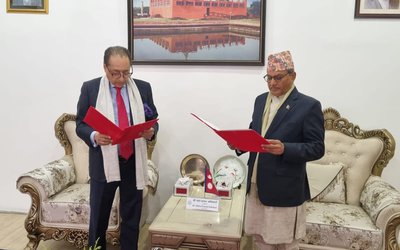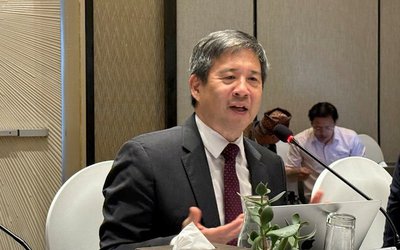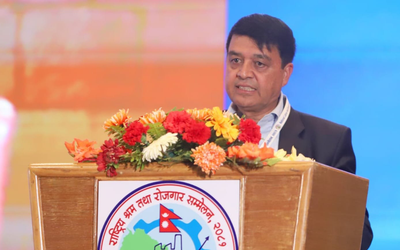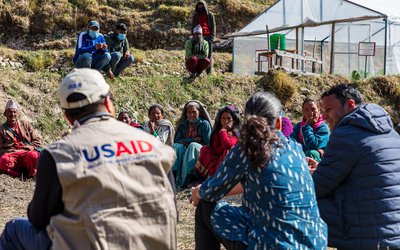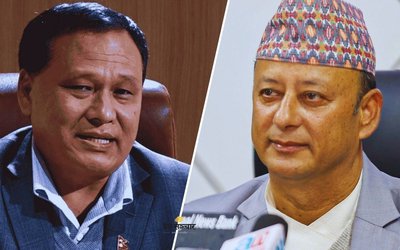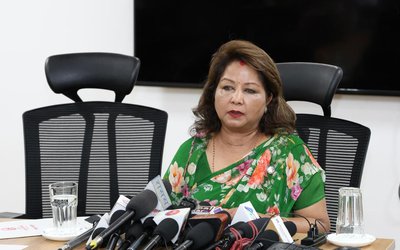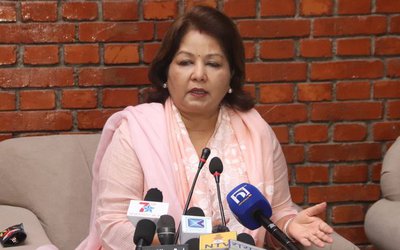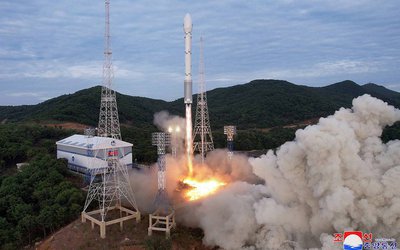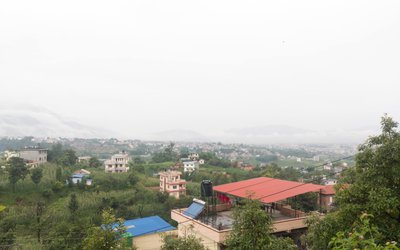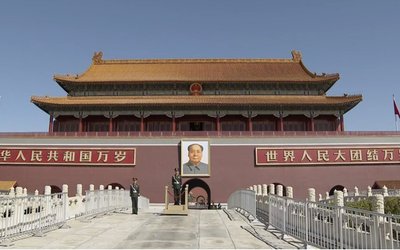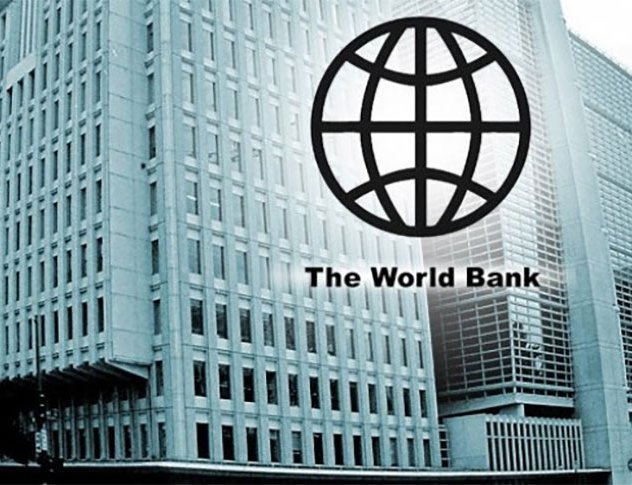
The World Bank has approved USD 100 million to support Nepal's Policy Framework for greener, more resilient and inclusive development and growth.
The World Bank's Board of Executive Directors has approved a USD 100 million development policy operation (DPO) to help Nepal strengthen its ongoing efforts to implement green, resilient, and inclusive development, read a press statement of the WB.
This is the second in a programmatic series of three DPOs which aims to improve the enabling environment for Nepal's sustainability pathway.
“This programmatic DPO series is a catalyst for Nepal to build greater resilience and sustainability, and drive and protect the basis for long-term growth for all Nepalis,” said David Sislen, World Bank Regional Country Director for Nepal, the Maldives and Sri Lanka.
“This operation supports Nepal’s policy programme in a variety of sectors including green fiscal instruments, water security, irrigation, land use and management, sustainable forest management, and climate and disaster information systems.”
Since 2021, the government of Nepal has laid out an ambitious programme of action in the area of environmental sustainability, resilience and inclusive development. This approach recognises the need for a development model to address the intertwined challenges of joblessness, pandemics, expanding economic opportunities for vulnerable groups, and climate and other environmental risks that impact Nepal’s people, prosperity, and environment.
The World Bank DPO series anchors Nepal’s ongoing shift to a more sustainable development path. Nepal’s policies supported by the DPO series arose from stakeholder dialogues and Nepal’s own development priority programmes and plans. These policies aim to improve air quality, expand hydro-meteorological services to better disaster risk reduction, improve water security by boosting year-round irrigation and safe water supply, strengthen community forest management, and enhance land use planning.
“Nepal continues to put in place a strong policy programme that recognises that resilience is best achieved when sustainability and inclusion are also pursued in an integrated way,” said Stephen Danyo, World Bank Programme Leader for the Maldives, Nepal, and Sri Lanka and Task Team Leader for the operation.
- Nepal Investment Mega Bank Chairman Prithvi Bahadur Pande Takes Oath.
- Mar 11, 2025
- FM Dr. Deuba Left For India Visit
- Mar 11, 2025
- FNCCI President Dhakal Prioritizes Industrial Environment For Job Creation In The Country
- Mar 11, 2025
- Nepal Received Rs. 900 Billion Remittance in first seven months of current FY
- Mar 11, 2025
- Weather Forecast: Partly To Generally Cloudy With Rain In Few Places of Sudur Paschim, Bagmati And Koshi Provinces
- Mar 11, 2025
